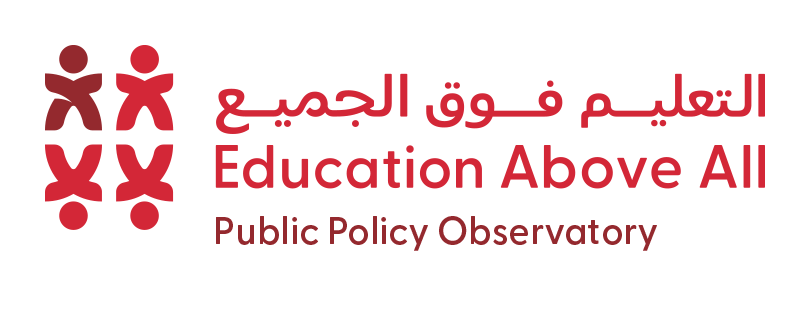Context
India is currently experiencing an unprecedented learning crisis. Despite significant progress in providing access to education, foundational learning levels are low and deteriorating. Only 25% of Grade 3 children can read at their grade level, and just 50% of Grade 5 students can read a Grade 2 text (ASER, 2018). India's early learning outcomes are poor compared to other developing nations; for instance, while 28% of Grade 2 children in Tanzania and 37% in Nepal could not read a single word of a short text, the figure is 85% for Grade 2 children in India (World Development Report, 2018).
To address this issue, the Haryana Early Literacy Outcomes Development Impact Bond (DIB) was launched and funded through Corporate Social Responsibility (CSR). This project aims to enhance foundational language learning in Haryana.
Solution
The initiative is spearheaded by the Haryana School Shiksha Pariyojna Parishad (HSSPP) in collaboration with IndusInd Bank and SBI Capital Markets, and is implemented by the Language and Learning Foundation. HSSPP has developed a comprehensive program to bolster the academic support provided by state resource personnel, including BRPs, ABRPs, and others, to Hindi teachers. This effort aims to create a state-specific early literacy and learning package to improve students' language learning outcomes.
Impact
The project intends to expand the Language and Learning Foundation’s evidence-based program to reach 115,000 children in 3,330 schools across seven districts in Haryana by March 2022. This is a significant expansion from the current program, which serves 3,500 students across 175 schools. This initiative represents a crucial step in India's efforts to break the cycle of poverty and achieve the Sustainable Development Goals by 2030.













